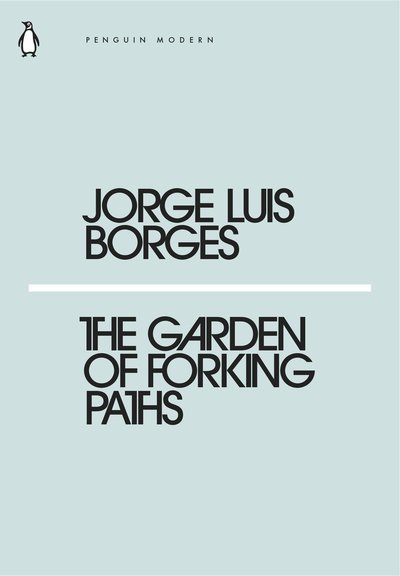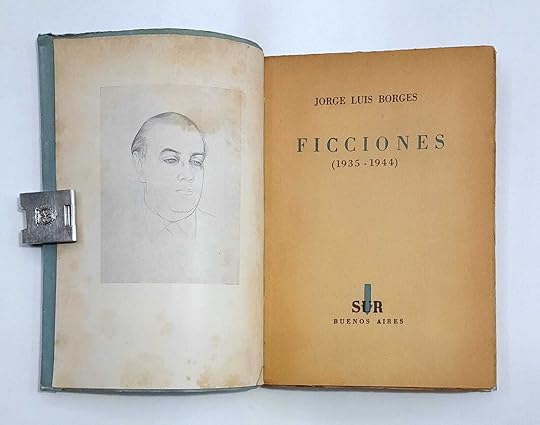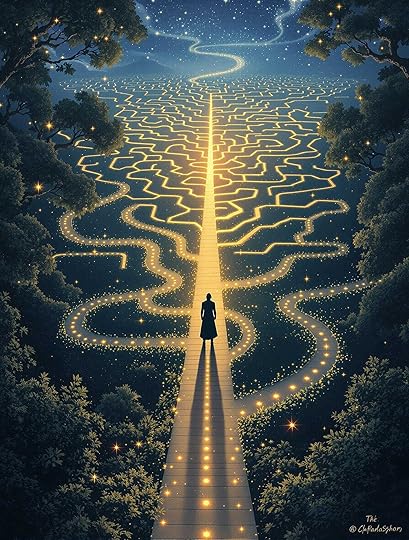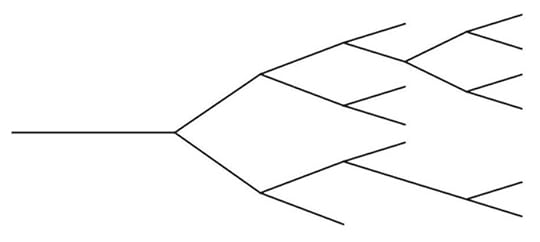What do you think?
Rate this book


64 pages, Paperback
First published January 1, 1941
“Copulation and mirrors are abominable.” The text of the encyclopædia ran, “To one of these Gnostics, the visible world was an illusion or, more precisely, a sophism. Mirrors and fatherhood are abominable because they reproduce and multiply the planet.”
Like all men in Babylon, I have been a proconsul; like all, a slave. I have known absolute power, public disgrace, and imprisonment. Behold, my right forefinger is missing. Behold, beneath this rent in my cloak my flesh bears a red tattoo. It is a beth, the second letter of our alphabet. On nights when the moon is full, this symbol grants me sway over men whose sign is a gimel but, at the same time, it makes me subject to those marked with an aleph.
I thought of a labyrinth of labyrinths, of a meandering, ever-growing labyrinth that would encompass the past and future and would somehow take in the heavenly bodies. Absorbed in these imaginings, I forgot my predicament as a hunted man. For untold moments, I felt I was a detached observer of the world. The living, twilit fields, the moon, the remains of the evening were playing on me; as was the easy slope of the road, which removed any chance of tiring. The evening was intimate, infinite.


“In all works of fiction, each time the writer is confronted with choices, he opts for one and discards the rest. In the inextricable Ts’ui Pên, he opts—at one and the same time—for all the alternatives. By so doing, he creates several futures, several times over, and in turn these proliferate and branch off.”








("The Garden of Forking Paths") is a detective story; its readers will witness the commission and all the preliminaries of a crime whose purpose will not be kept from them but which they will not understand, I think, until the final paragraph.

Summer was drawing to a close, and I realized that the book was monstrous. It was cold consolation to think that I, who looked upon it with my eyes and fondled it with my ten flesh-and-bone fingers, was no less monstrous than the book.
This circle was a temple, long ago devoured by fire, which the malarial jungle had profaned and whose god no longer received the homage of men.
The latter wanted to talk about the murder; Lönnrot preferred to discuss the diverse names of God; the journalist declared, in three columns, that the investigator Erik Lönnrot, had dedicated himself to studying the names of God in order to come across the name of the murderer.


This box set of the 50 books in the new Penguin Modern series celebrates the pioneering spirit of the Penguin Modern Classics list and its iconic authors. Including avant-garde essays, radical polemics, newly translated poetry and great fiction, here are brilliant and diverse voices from across the globe. Ground-breaking and original in their day, their words still have the power to move, challenge and inspire.

